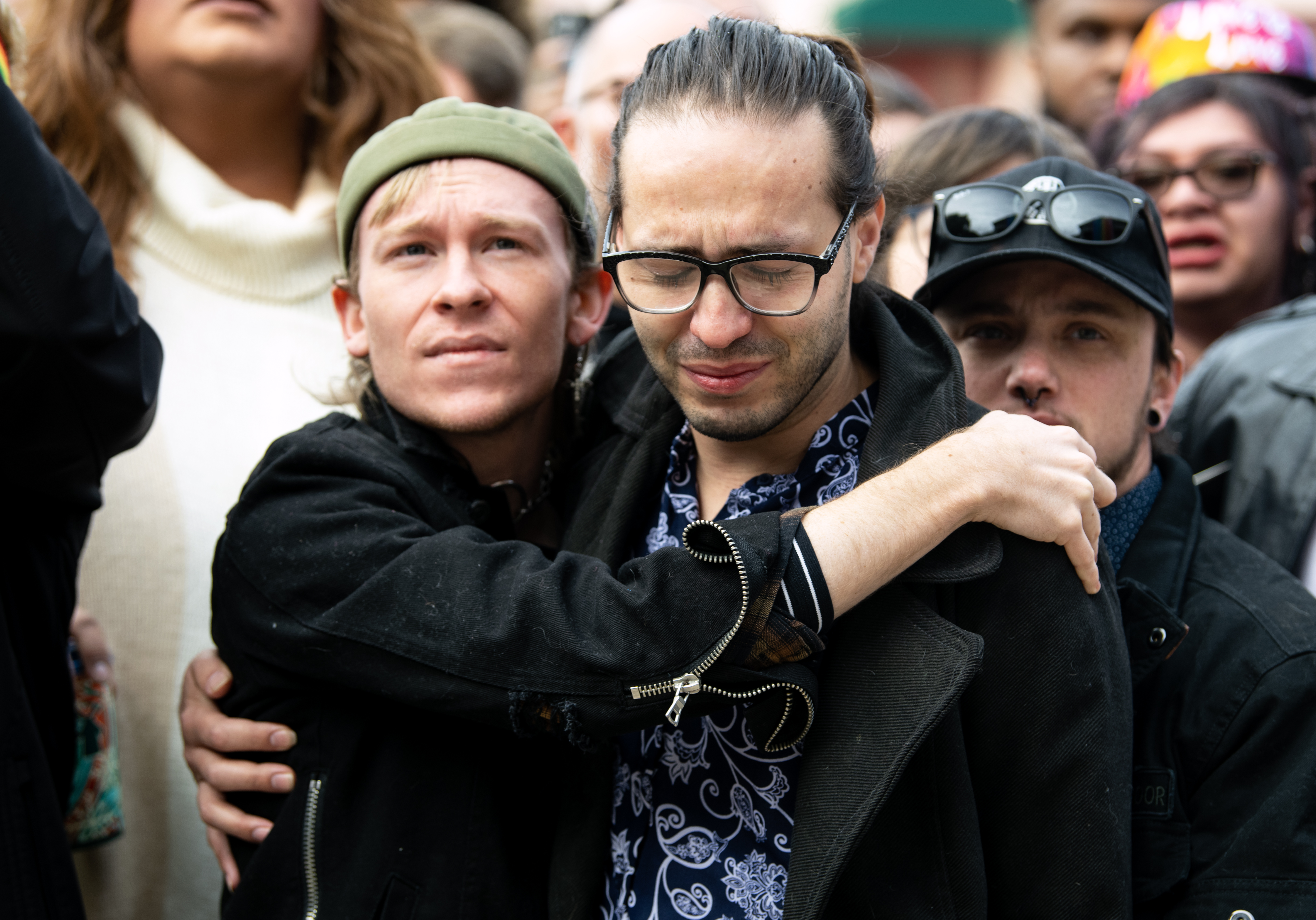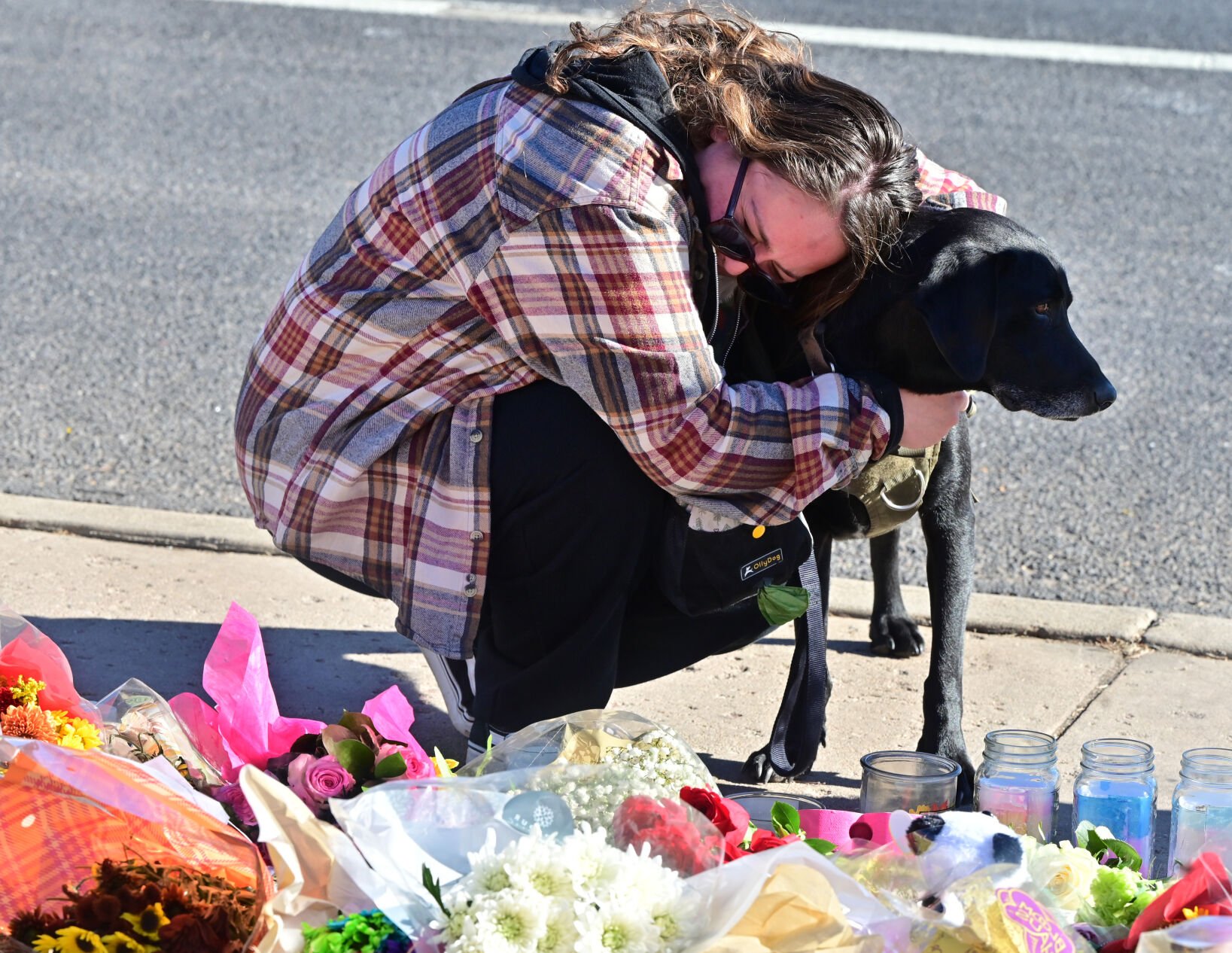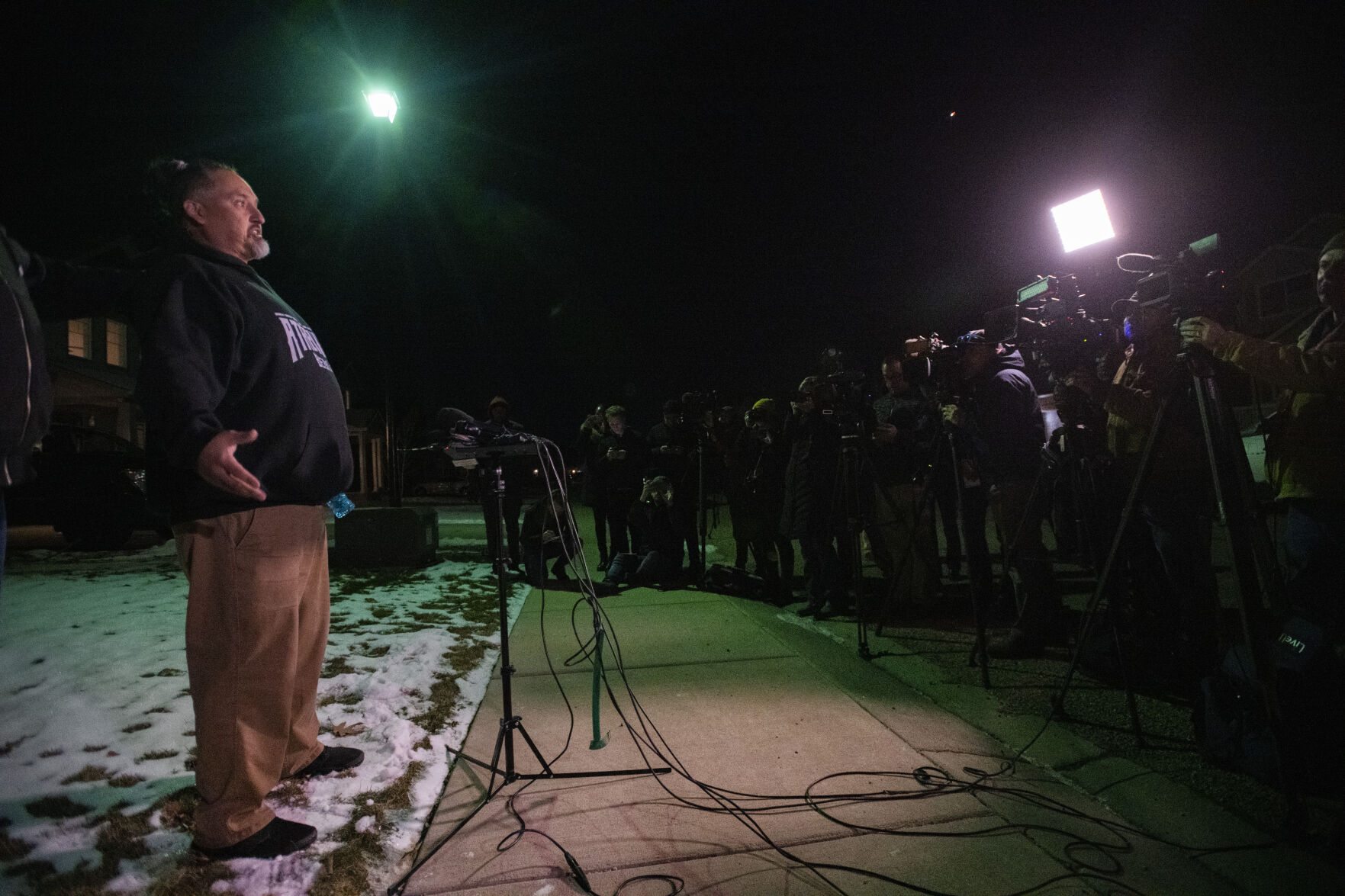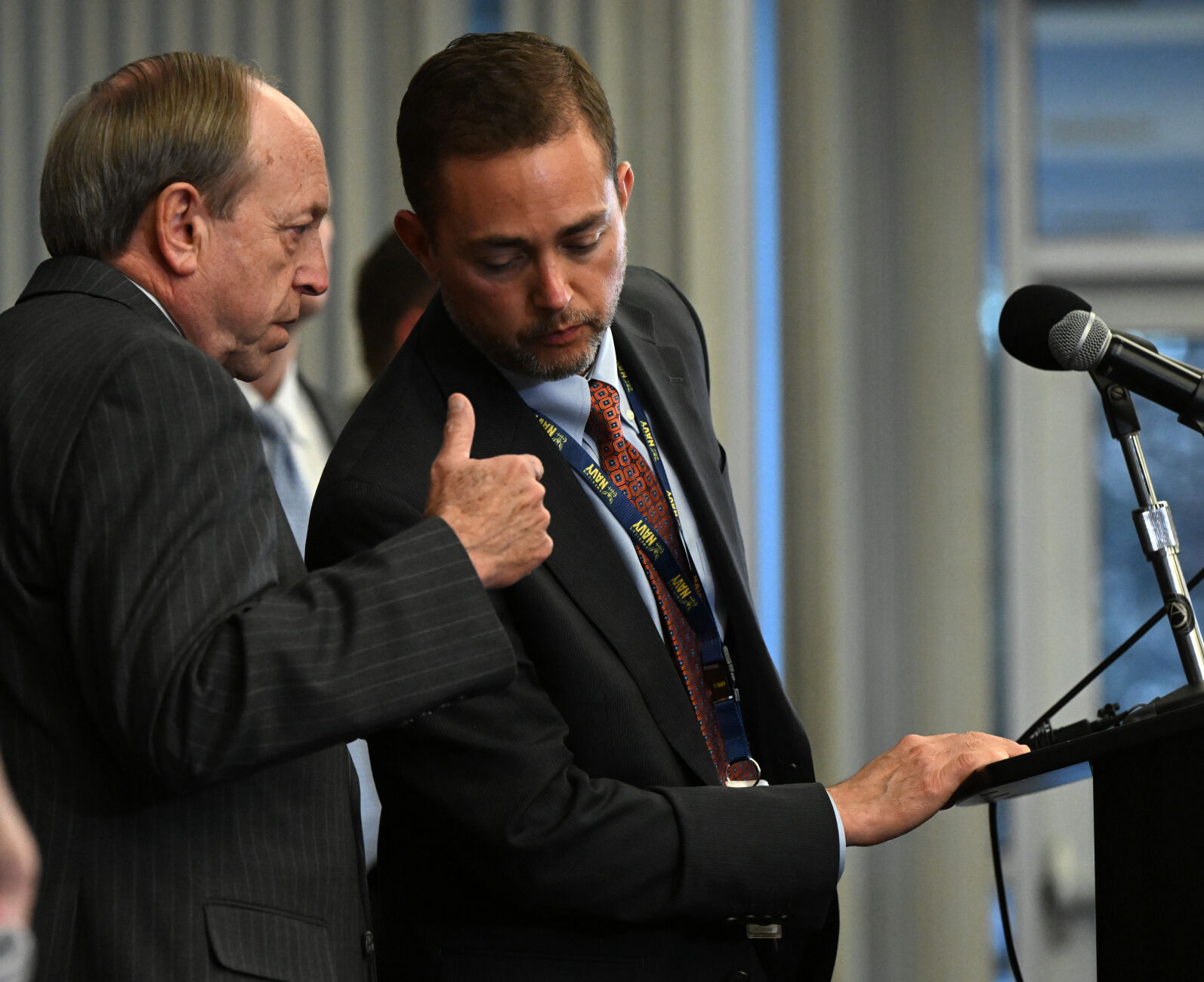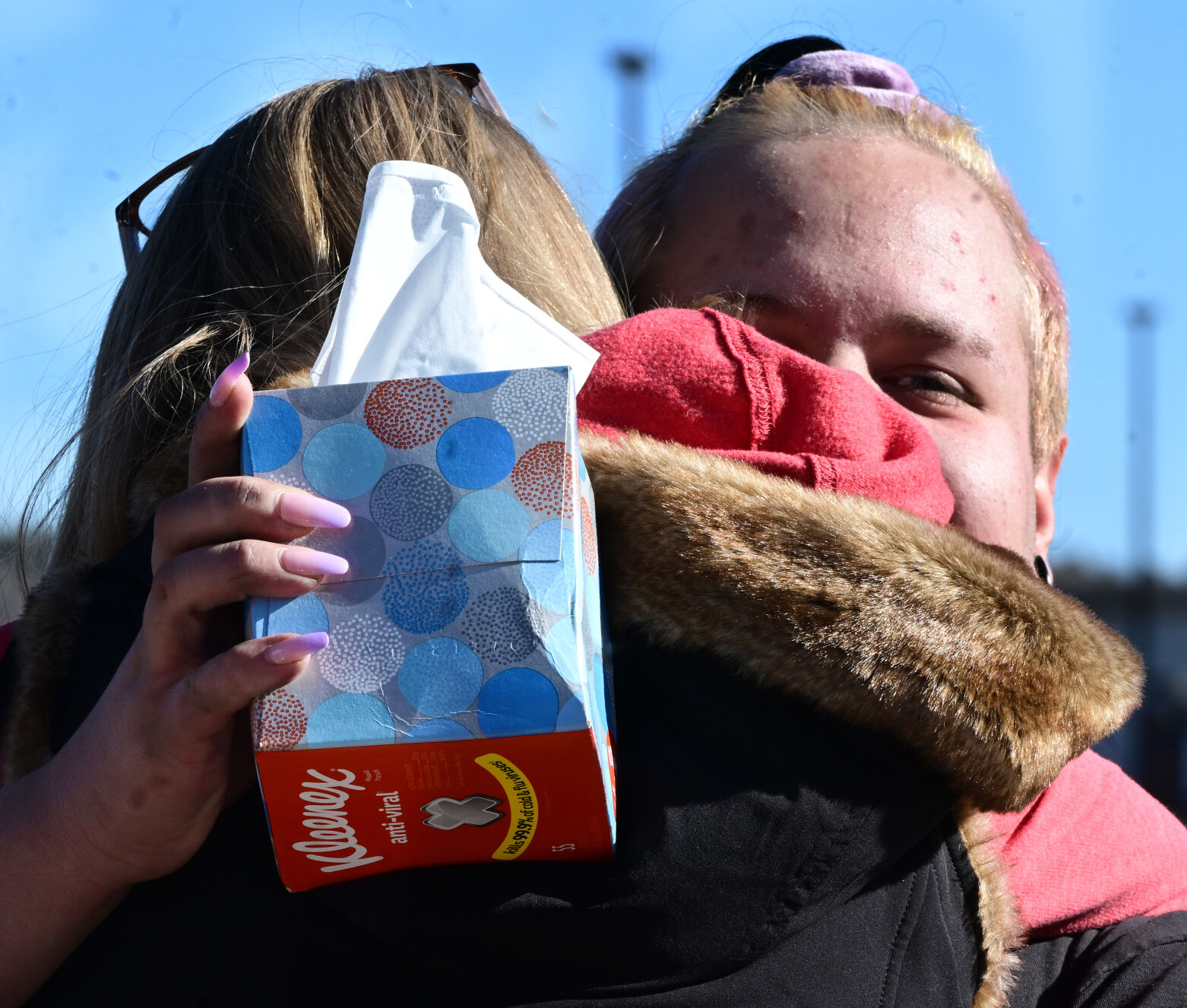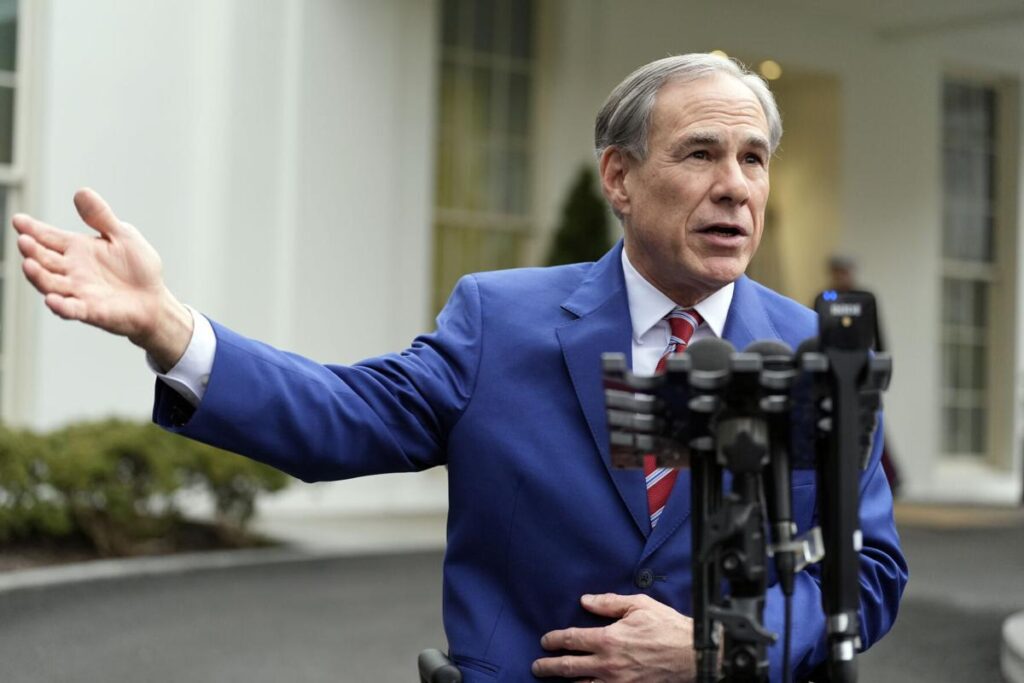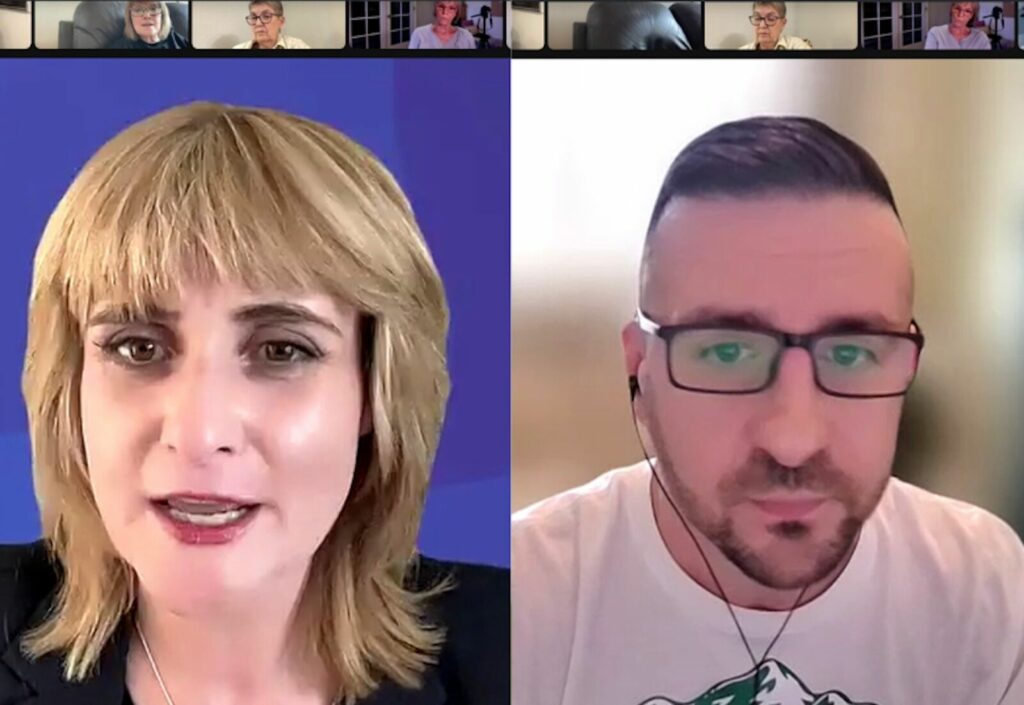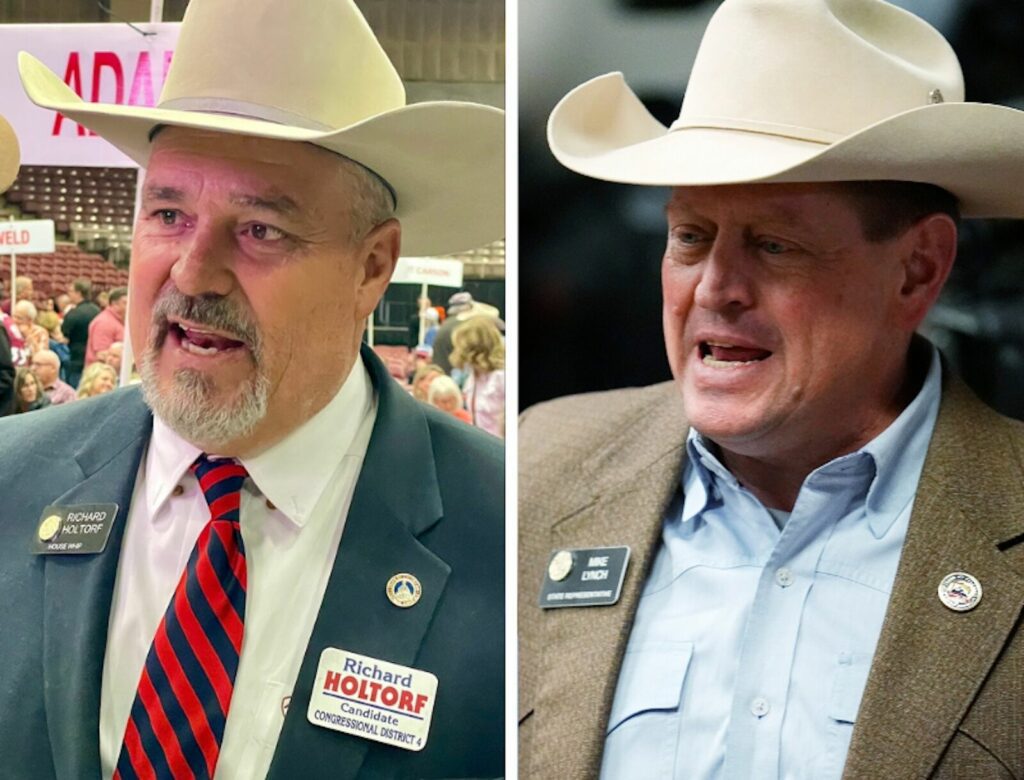Criticism of anti-LGBTQ rhetoric mounts in wake of mass shooting at gay club
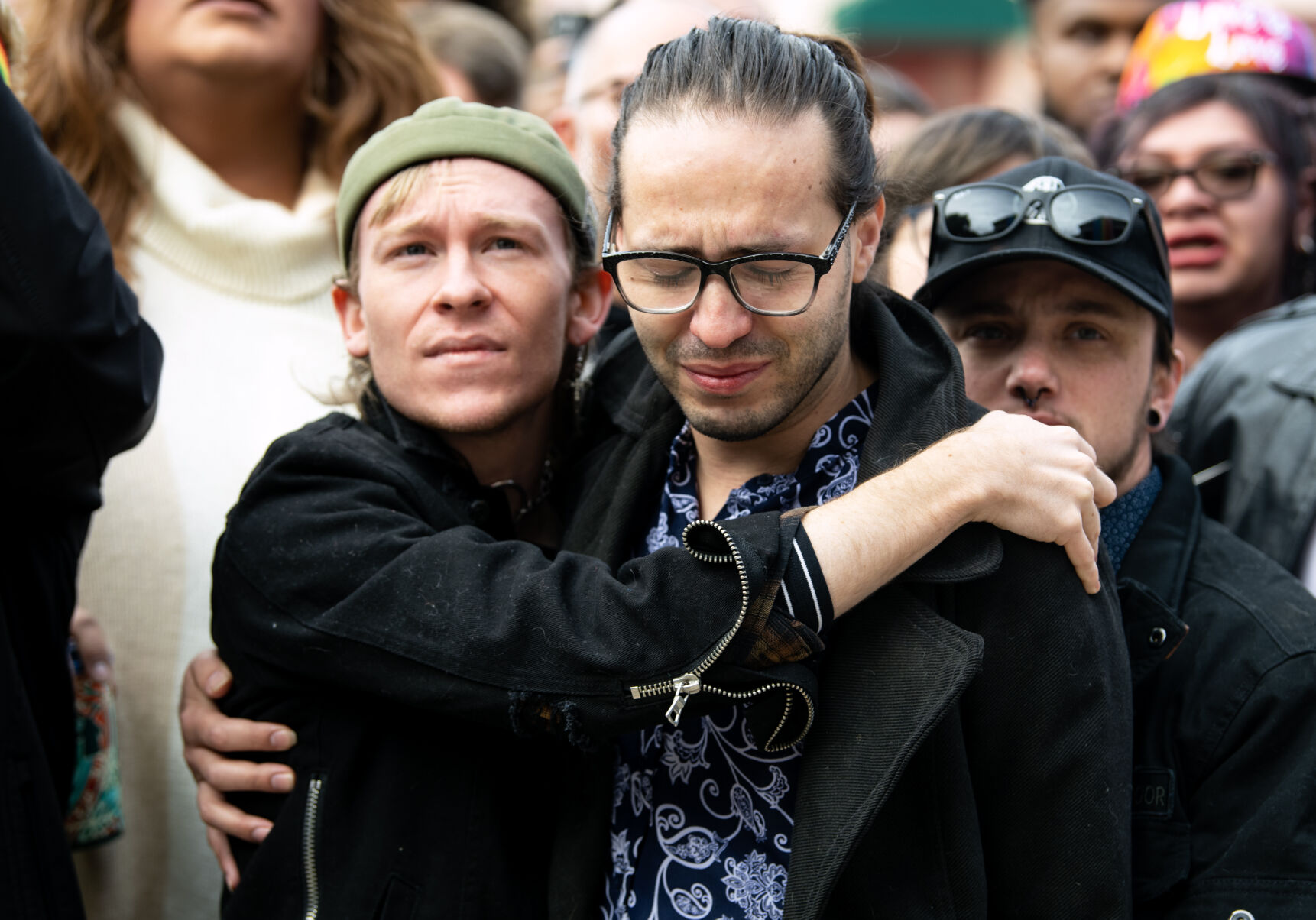
While the motivation behind Saturday night’s deadly mass shooting at a gay nightclub in Colorado Springs is unknown, Colorado officials and advocates are denouncing what they say had been mounting verbal attacks on members of the LGBTQ community, arguing that the rhetoric has fueled an increasingly hostile environment.
“So the investigation is ongoing, and I think it’s fair to say, based on the facts, it’s very hard to conceive of a situation where the motive wasn’t generated by hate,” Colorado Attorney General Phil Weiser said Monday on CNN.
Weiser added: “This was a well known nightclub that individuals – regardless of their sexual orientation or gender identity – the LGBTQ community knew was a safe place, was a place where people could be their authentic selves. And someone came and essentially took all that away, because we know there’s so much of this hate out there, particularly towards individuals who are LGBTQ.”
The 22-year-old suspect in the shooting that killed five and injured 19 at Club Q is facing 10 preliminary charges, including five felony counts of bias-motivated crimes causing bodily injuries, according to court records. Anderson Lee Aldrich appeared remotely in court Wednesday morning in Colorado Springs. Authorities have declined to characterize any potential motives beyond the arrest-only charges related to the shooting, which they emphasize are subject to change.
Records show that the suspect’s lawyer filed six motions to the court on Tuesday. The motions filed by the defense, which were released to the public on Tuesday night, address the defendant as “Mx. Aldrich” which is the title given to those who are considered non-binary, which describes a person who does not identify exclusively as a man or a woman.
Noting that the shooting took place as the clock passed midnight into Transgender Remembrance Day – an annual observation to honor trans people killed in anti-trans violence – Weiser said the shooting was “a call to all of us to look at that hate and ask what do we do about it.”
“We are living at a time of rising hate and rising demonization,” Weiser said. “And all of us in leadership positions have to recognize that our words matter. We can and we must have a more inclusive ‘We the people’ – that’s a phrase that Justice Ginsburg used.
“The legitimization of hating towards LGBTQ-plus individuals has to stop. The idea that we can say to someone that they’re less than human or they don’t have a place in our society is a very dangerous road, because we know that sets the preconditions for people to think, ‘Oh, this person is not worth living, I can use my own’ – and you’ve heard people use this phrase, ‘Second Amendment remedies,’ or other such phrases justifying hate crimes and violence. We can – and we all must – recognize that everyone has a right to be their best authentic selves, to love who they love and not have to live in fear that they are going to be demonized.”
State Rep. Brianna Titone, an Arvada Democrat and the first openly transgender Colorado legislator, made a similar point Tuesday.
“The last few years, we’ve seen an uptick in the number of bills that are anti-LGBT, and especially anti-trans, coming from states all across the country,” she said during an appearance on MSNBC. “And this is been fueled by a lot of people being emboldened by our former president. He’s made it so that people can say whatever they want to say and think there’s no consequences to that. But those actions do have consequences. And when you start throwing verbal bombs around, there’s going to be casualties.”
U.S. Rep. Lauren Boebert, a Silt Republican, meanwhile, doubled down Tuesday on her intention to continue to criticize what she described as the sexualization of children and trans people.
“It’s absolutely disgusting to try to blame this on me and try to say that I’ve had bad rhetoric about the LGBT community,” Boebert said in an appearance on 850KOA when the talk show host, Ross Kaminsky, pressed her with questions about her rhetoric in response to the shooting.
“That is completely false,” she said. “I have never had bad rhetoric towards anyone and their personal preference as an adult. What I’ve criticized is the sexualization of our children. And I’ve criticized men dressing up as caricatures of women.”
Boebert has faced criticism for her social media posts and remarks about trans people and drag performers, including from Titone, who tweeted on Sunday that Boebert helped foster a climate that led to the mass shooting at Club Q.
“You spreading tropes and insults contributed to the hatred for us,” Titone tweeted.
This summer, Boebert declared that she would step up her activity spreading what the Center for Countering Digital Hate called the “hateful grooming narrative,” after the group determined hers was one of the most prolific Twitter accounts using the term.
“Grooming” means preparing children for sexual abuse. Boebert, however, uses the term to describe allowing children to attend events with drag performers or otherwise learn about LGBTQ matters.
“Guess that means I have to tweet about these sick, demented groomers even more,” Boebert tweeted.
Boebert has urged parents to take their children to church instead of to see drag performances and told drag queens to stay away from children in her congressional district after a local library posted a notice for an event meant to “promote diversity, inclusivity and to encourage kids to be their authentic selves.”
Club Q was scheduled to host an event described as an “All Ages Musical Drag Brunch” on Sunday to mark Transgender Day of Awareness, according to a Facebook post.
Two of the five people killed in the Club Q shooting were transgender – 28-year-old Daniel Aston, a Club Q bartender who moved to Colorado Springs from from Oklahoma two years ago, and 40-year-old Kelly Loving, who was visiting the club from Denver on the night she was gunned down.
Boebert, who has more than two million Twitter followers and is a regular on conservative media outlets, routinely draws more attention than others arguing similar points.
A few years ago, the debate over LGBTQ acceptance focused on who could use which bathrooms. More recently, it has centered on schools, including competing claims over parental rights and gender affirmation.
The ongoing battle rages on multiple fronts, including over language – such as the use of gender pronouns – and public policy and health care, including calls to prohibit medical personnel from treating transgender people who aren’t adults or to ban transgender women from competing with other women in high school and collegiate sports.
Earlier this month, for example, conservative media personality Ben Shapiro sounded the alarm about Disney’s “Strange World,” an animated movie that features a gay teen romance, charging on Twitter that it’s a “reminder that their ‘not-at-all-secret gay agenda’ to target kids is ongoing.” Added Shapiro: “Your kids, your choice.”
After the shooting, Jenna Ellis, a one-time Colorado resident who represented former President Donald Trump during and after the 2020 election, blasted the Colorado Springs Police Department for specifying pronouns for the victims of the shooting in a press release on Monday.
“The Colorado Springs PD is posting photos of the victims with their preferred pronouns as if that is what is most important to their humanity,” tweeted Ellis, who hosts a podcast and contributes to conservative media outlets.
“The open hostility toward LGBTQ people continues even in death,” responded Mike Hixenbaugh, a reporter for NBC News.
In the wake of the shooting at Club Q, some drew a line between what they describe as hateful, divisive rhetoric and violence, while others argued that drawing such a line chills productive debate.
Michigan state Sen. Mallory McMorrow argued Monday that the link with increasing anti-LGBTQ rhetoric and actions can’t be ignored.
“Every American has a right to free speech. Every American has a right to keep and bear arms,” she tweeted after an appearance on MSNBC. “But rights require responsibility. Hate doesn’t exist in a vacuum. You have the power to influence people with your words and actions. You don’t have to be the one to pull the trigger.”
The argument played out on social media.
The morning of the shooting, conservative humorist Ashley St. Claire, a former Colorado Springs resident and author of a children’s book she described as an “unapologetic rebuke of the transgender acceptance,” warned against “politicizing tragedy” by drawing conclusions about the shooting.
“I lived in Colorado Springs for years & went many times with friends to Club Q where this shooting took place,” she tweeted. “The only person to blame is the mentally ill person who chose to murder innocent people.”
Scott Levin, the Mountain States regional director for the Anti-Defamation League, said Tuesday night at a vigil in Denver for the victims of the shooting that people who “normalize hate” are “culpable” in the shooting.
“I’m angry because of the people who are culpable,” Levin said. “The ones that normalize hate so much that someone would go out and shoot and kill innocent people… And when you make jokes or you belittle people or you use slurs to describe people, you enable hate, you normalize it and you are culpable. And if you don’t call out the people that are making those jokes, the ones that call you those names, or more importantly call other people those names, then you are normalizing hate and you are culpable.”
In response to the shooting, the ADL issued a statement about the “Ripple Effect of Anti-LGBTQ+ Hate.”
“Feeling unsafe, attacked, unwelcome and discriminated against based on who you are – your core identity – is harmful and destructive to individuals and society,” the release said.
“The impact and harm caused by this bias and hate can feel devastating and overwhelming. It is vital for LGBTQ+ people to have a safe, welcoming place, where they can be themselves and be accepted for who they are, especially when so many places are unsafe and securing one’s basic needs is so often a fight. It is particularly destabilizing to be attacked in a place that is supposed to be a haven.”
